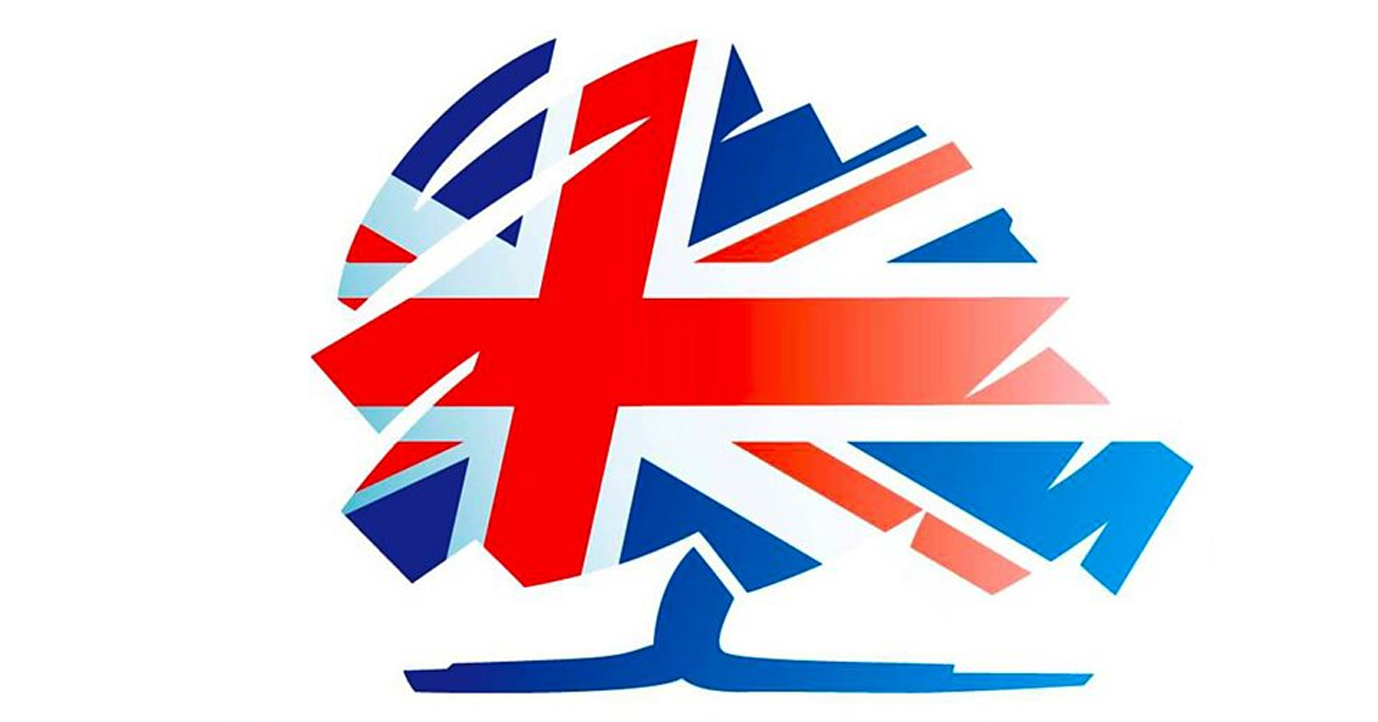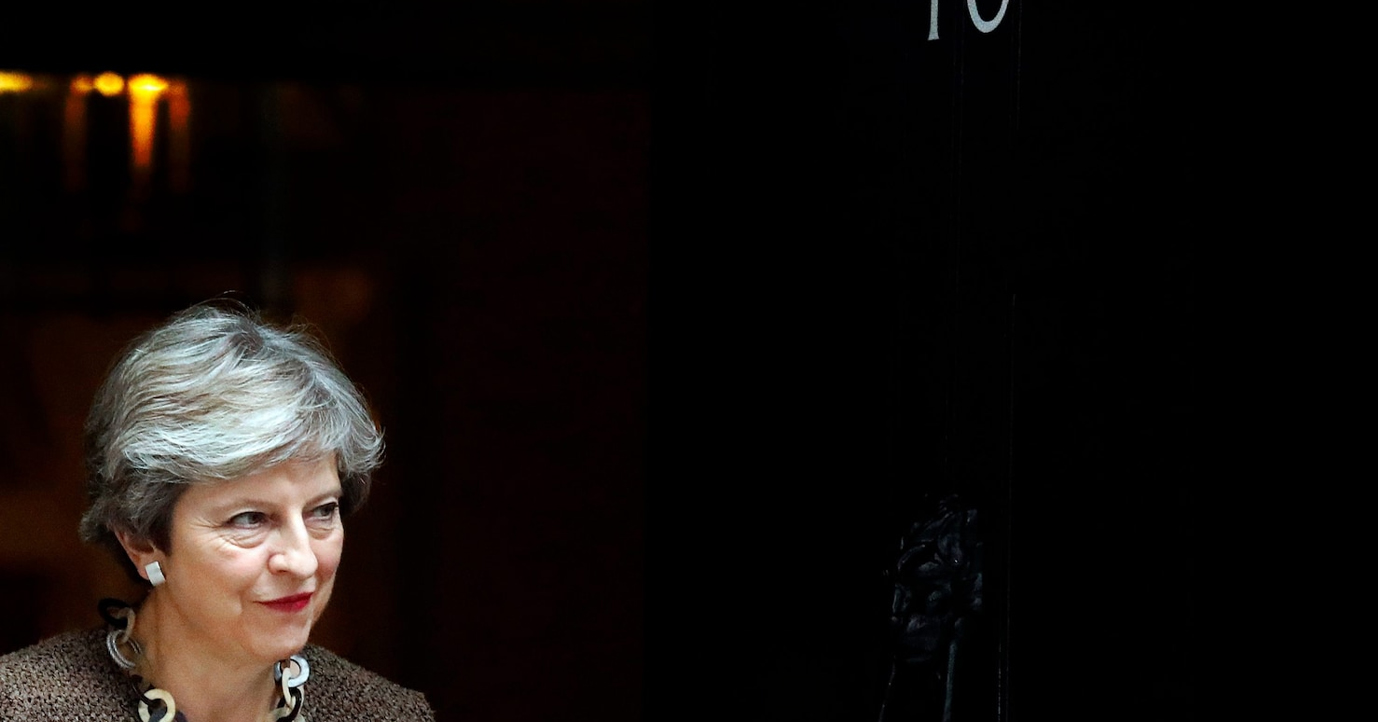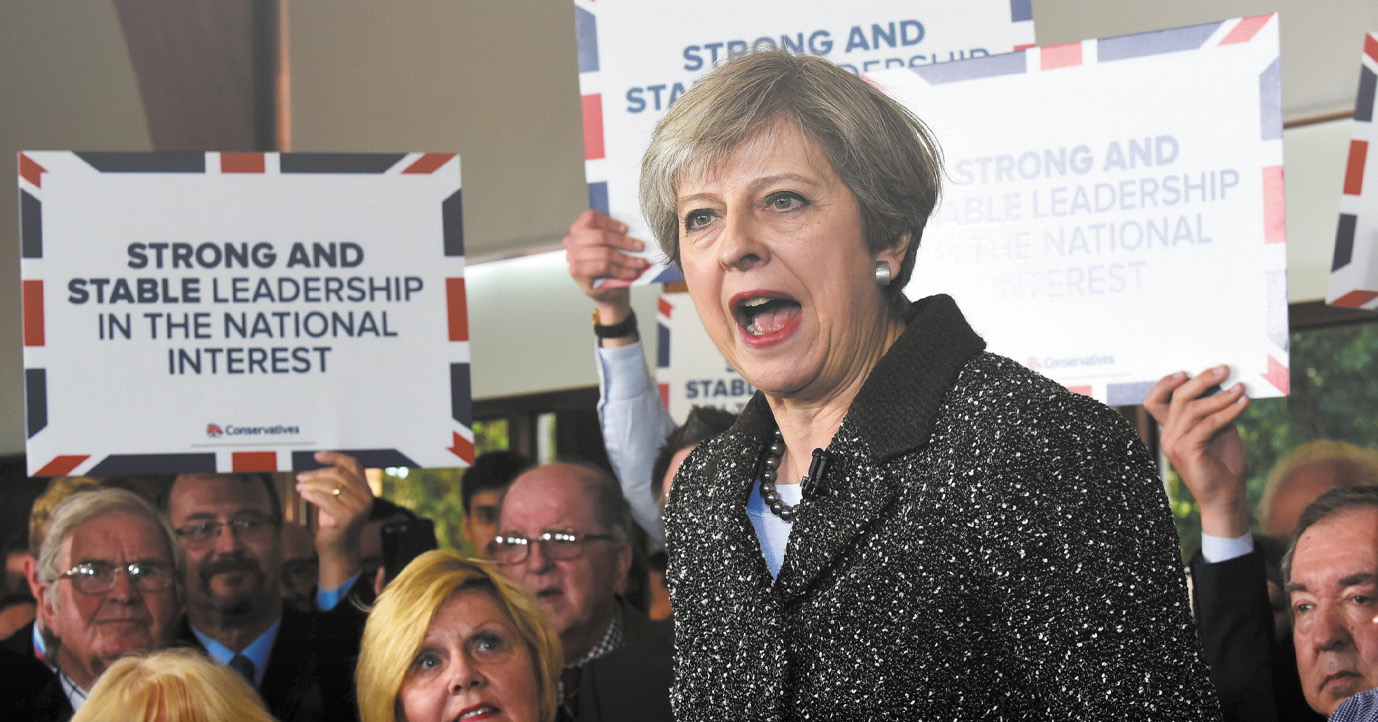
This week my general election focus groups took place in three seats Labour are defending from the Conservatives in the West Midlands: Wolverhampton South West, Birmingham Northfields and Dudley North. We spoke to people who had voted Labour in 2015 – most of whom had never voted anything but Labour in a national election – but who now said they were undecided what to do on 8 June.
The Tories enjoyed a boost in the region last week when Andy Street was elected the first West Midlands Mayor. The majority in our groups had not voted (turnout was a mere 27 per cent) but most of those who did backed the winner. They said the candidates’ qualities had mattered more in the decision than party labels: “I voted for the John Lewis guy… I’ve based that not on policies or anything to do with Labour or Tory, I’ve based it on business sense;” “He just stood out for me straight away, he was like an obvious choice;” “He was by far the most qualified.”
And so to the general election, and a week in which some of Labour’s plans have been unveiled. “Has he promised to wear a tie?” Not that we recall. Does that matter? “Definitely!” “It’s like the England football manager walking out in cut off denim jeans and flip-flops or something at the World Cup Final”.
What had people noticed Labour trying to tempt them with? “I don’t think he’s going to be able to do this free parking he’s on about at the NHS. The NHS haven’t got enough money anyway, so how is he going to sort out free parking?” “The percentage of something is going from 12 to 20 per cent. The tax on private health, to cover the free parking.” “Corbyn’s going to put a pound or a penny on income tax to pay for free school meals.” “Housing – I think that’s the thing that’s stood out for me because I rent. Labour are promising to protect private renters and make more affordable properties for first-time buyers.” “As a nurse, we’ve just had our one per cent pay rise… The only thing Labour have got me on at the minute, and which I’m leaning towards, is them saying they’re going to remove the cap on the one per cent pay rise. I could potentially get a decent pay rise for the first time in six years.” The plan to lift the cap on public sector pay rises had caught several people’s attention: “I was considering voting for her until this morning, because I think she’s more sensible.” What happened this morning? “I work for Birmingham City Council, thirty-four years, and I’ve had two one-per-cent pay rises in seven years, I think. And he’s going to scrap the freeze on public pay. So when I get to the voting station, even though I think she’s the best for the job and the best party to lead the Brexit, I’ll most probably vote for Labour again.”
In many cases, the plans had reached sceptical ears. “They’re saying a £10 an hour minimum wage. That ain’t ever going to happen, is it? It’s £2.50 above what it is now.” “Labour said they were going to scrap tuition fees. That’s what the Lib Dems said at the last election, but it didn’t happen, did it?” “It’s all pie in the sky.” “How are they going to implement all this? Where’s the money going to come from? Look at what debt we were in when the Conservatives took over.” “They keep saying throw more money at the national health, but it don’t work. You’ve got to stop the people who are coming in and having it for nothing.” “If he did win, he’d sit down at his table with his pen and go, ‘oh God, now I’ve got to do all this’.”
Few were reassured that Labour planned to raise taxes only on those earning over £80,000. There was some disagreement as to how many people fell into this bracket (“There are lots of people who make that kind of money. Barristers, footballers, top nurses can make eighty thousand. Supermodels.”) Did £80,000 a year make you rich? “It is in my eyes.” “Comfortable.” “Trust me, if I earned eighty grand I wouldn’t be here.” “I know it’s not a drop in the ocean, but if you were a young GP living in London and you’ve got a young family and you try to buy a house, you’d need at least £65,000 to get on the housing ladder, so where is the theory that eighty thousand equals rich?” Some were pleased at the idea (“it’s about time”), but there were fears that such a plan might also be counterproductive: “People who earn that kind of money have obviously got ways of not paying full tax anyhow. If they keep taxing the rich, they’ll just leave the country;” “The incentives to earn more won’t be there;” “He says he’s going to sort out the rich and the few. But you’ve got to have those, and the entrepreneurs, to make jobs.” Some doubted that tax rises would in reality be confined to the better off: “I’d probably respect him more if he said, ‘look, we want to do all these things but it’s going to cost everyone something in their income tax’, rather than say, ‘oh, we’re just going to tax the rich,’ because it’s never going to happen.”
The groups watched a clip of Jeremy Corbyn speaking at his campaign launch on Tuesday (“even the logo looks Trotskyist, doesn’t it?”) Some of these traditional Labour voters liked what he had to say, but were not sure this was enough to keep them with the party: “It’s what I want to hear. As a working class person it’s directed at me – the schools, the hospitals, old age… He’s saying the right things, but I don’t think he’s got the party behind him to see things through.”
*
Why was leadership such a big problem – what about Labour’s values? “Values don’t mean piddly-doop;” “You need a leader, otherwise it’s wishy-washy” (an expression was heard several times in our different groups). “It’s not necessarily that I don’t like him, I don’t have confidence in him. I don’t think he’s a strong enough person. I don’t agree with everything he says, but I don’t agree with everything any of them say. I just think he’s wet.” “They say something, then they go back on it. It’s like Diane What’s-her-name going on about the coppers. How much is it going to cost? She hadn’t got a clue.” For some, the big objection to the Labour leader was about policy, and a very specific one: “For me there’s one overriding reason why I can’t vote for a party led by Corbyn. I could vote for that party led by somebody else, but it’s his stance on defence. It’s disastrous, his stance on defence, potentially catastrophic.” “He’s anti-military. He wants nuclear submarines without the nuclear missiles. How stupid can that be?” More often, the problem was simply that “I couldn’t see him as Prime Minister, could you? Could anybody?” “Theresa May has got more balls.” “He just hasn’t got it in him.”
*
Leadership mattered to people more than usual because of the circumstances of this election. “Working from the age of sixteen up until now I’m fifty, no matter who’s been in parliament it hasn’t changed what I earn, it hasn’t changed where I live.” And this time? “It matters because of Brexit, because it’s a huge thing for this country. So I’m thinking of the best person to take us through that.” “Strength’s important because we need to get through Brexit and not get screwed over in the process. And I don’t think Jeremy Corbyn can do that.” “We’re scared that if she goes, it’s down to Corbyn to see this Brexit, this Article 50, through to its end, and will he actually do that? And what will happen?”
For many of these voters, however they voted in the referendum, it was important that the Tories, and the PM in particular, seemed to be taking the will of the people seriously – something they were not used to seeing in politics. “Nobody believes politicians full stop, really. But at the end of the day, we’ve seen something we voted for happen… They can say ‘we’ll look after the NHS’, but they never do, you know they’re not going to. But with this, it’s happened.” “You look at Theresa May, and she voted remain, but she’s accepted the vote like a lot of people haven’t accepted the vote to leave, and she’s saying ‘I’m going to do it because that’s what the majority voted for’. So that’s good to see. The Lib Dems are trying to overturn it, and with Labour you’re not too sure what they’re going to do.” “That is one overarching thing about the Tories, I think – they have demonstrated, those that wanted to stay have accepted the vote. One of the things that is really annoying me is that a lot of the other parties, and particularly the SNP, seem to be saying ‘you didn’t know what you were voting for’, which I find personally offensive, and ‘we’re going to keep voting until you vote right’. And whatever else, the Tories seem to be clear about that.”
*
For all this, switching from Labour would be a head-over-heart decision for many of these voters, and not an easy one, even if the Tories “seem to be mellowing a bit”. “I just feel worried. I don’t know if I would a hundred per cent want to vote for the Conservatives, because still emotionally I’m attached to Labour. But at the same time, because I’m fearful about what is going to happen once we Brexit, I almost feel if I don’t vote for them and someone else gets in and it gets interrupted, we might end up in a worse position. Because of the fear, I’m sort of stuck.” “All my family have always voted Labour. It’s instilled in you a little bit when you’re growing up. My dad campaigned for Labour.” “I think a third of the Sunday Times rich list actually donated to the Conservative Party.” Any other reservations? “Not getting any pay rises for another seven years.” And although most respected Theresa May, for some she stirred uncomfortable memories: “She’s like a new Margaret Thatcher, isn’t she? So you’re kind of scared of that, in a way.”
The PM’s appearance alongside her husband on The One Show this week was perhaps partly intended to assure voters that they had nothing to fear. For those who missed it, we showed the groups clips of the couple discussing the decision to call an election, growing up in a vicarage, their wedding, and shoes. The general reaction was neutral to gently positive, rather than anything more dramatic. “If you noticed, the word ‘stable’ kept coming out a lot,” especially when talking about her childhood. “It’s very clever, the way they do it.” “I didn’t see her as a strong and powerful woman leading the country… It was nice to see a human side to her and see the human factors, but to me that little casual chit-chat on the sofa with her husband isn’t what I’d expect to see with the Prime Minister.” “I thought it was quite nice, to be honest. You wouldn’t have expected to see her like that.” “She’s trying to be as personable and relatable as possible.” And are you buying it? “No. I don’t think she comes across as bad, I just think there was an agenda.” “It’s probably cheesy rather than dishonest.”
Some saw the Tory plan to cap energy prices in a similar light. Whether or not they thought the proposed freeze would ever happen (“she’ll blame it on other things when she can’t stick to it”), people thought they saw the reasoning behind it: “Is she doing it so she’s not a Thatcher? Because Thatcher was the one that made it privatised, the gas companies. So she’s saying ‘I’m different to her.’ She’s trying to get the working class, isn’t she, that’s why she’s doing it.” Still, “something needs to be done about the electricity companies. Who deals with them? Is it Ofcom?” (Few had heard other specific policy promises from the Conservatives beyond implementing Brexit: “The only thing I’ve heard is something to do with fox hunting. But that might just have been some rubbish I read on Facebook”).
*
None of this answers the question of what cartoon character Theresa May reminds people of. “Lady Penelope”. Strictly speaking she is a puppet, but OK. “Her from 101 Dalmatians. Cruella de Vil;” “No, that’s Cherie Blair.” “The head teacher in Matilda. Miss Trunchbull.” “She was really evil, wasn’t she?” “I think Theresa May might have an evil streak in her. If she loses her temper, trust me, them men are going to know about it.”
And Jeremy Corbyn? “Deputy Dog.” “Daffy Duck.” “Andy Capp.” “I know he’s not a cartoon character, but who’s the scarecrow guy? Worzel Gummidge.” “Shaggy, from Scooby-Doo.” “Yes. I do get that Jesus sandal vibe from Jeremy Corbyn, definitely.”


